Experimentation is no longer optional. For ecommerce brands, a little A/B Testing can illuminate what converts and what doesn’t—not guesses, but data. By testing headlines, buttons, checkout flows, or entire landing pages, you learn what truly nudges buyers into action. The right A/B Testing Platform helps you test, measure, and improve without guessing, a key lift to increase conversion rate ecommerce.
In 2025 the landscape brims with options, from no‑code tools for marketers to robust experimentation engines for developers. Here’s a look at 20 a/b testing platforms in 2025 making a difference, what each is good for, who they serve, and what stands them apart.
What it is
A marketer-first A/B Testing Platform with personalization built in, designed to run on platforms like Shopify, WooCommerce, Magento, and WordPress, all without code.
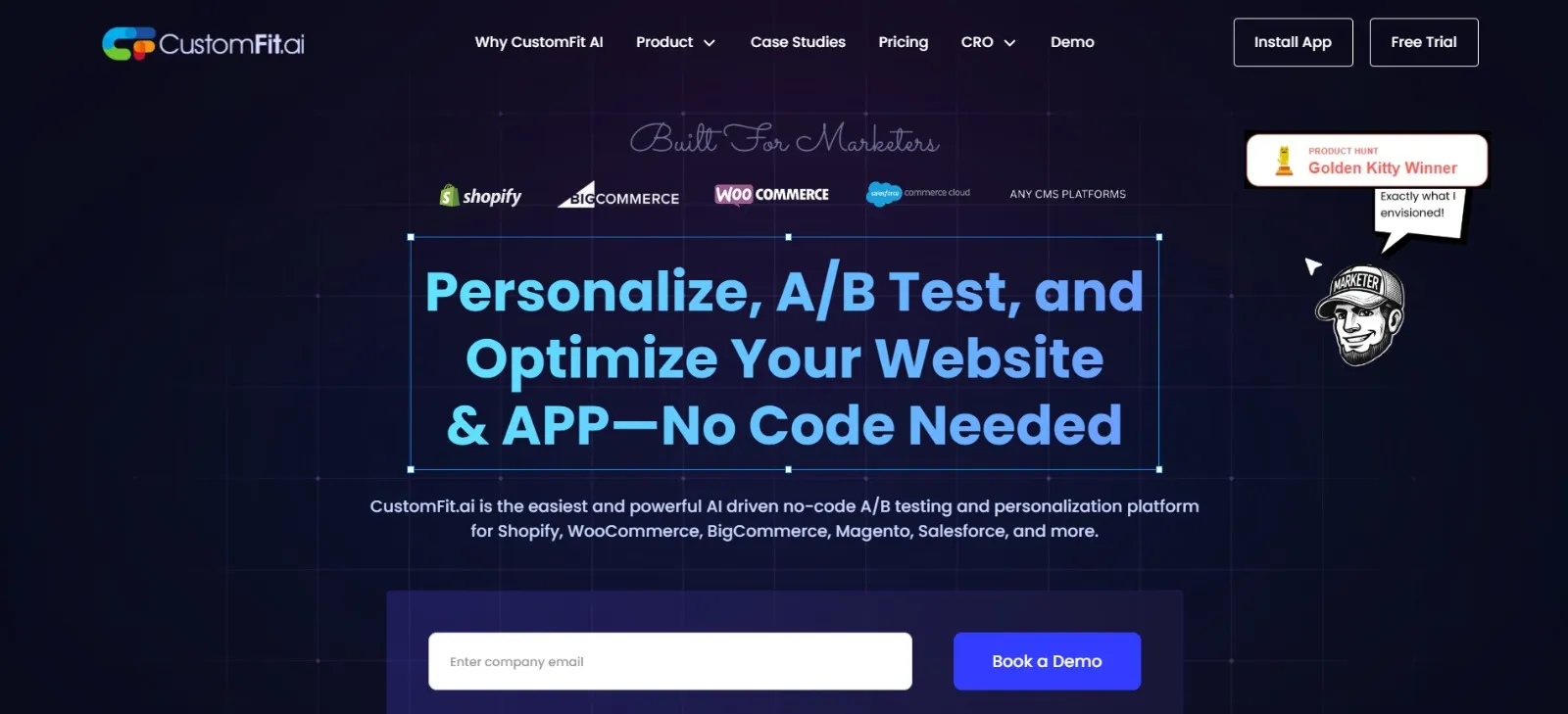
Features
Pricing
Pros
Cons
What it is
Feature-rich platform for marketers with built-in heatmaps, multivariate testing, and behavioral targeting.
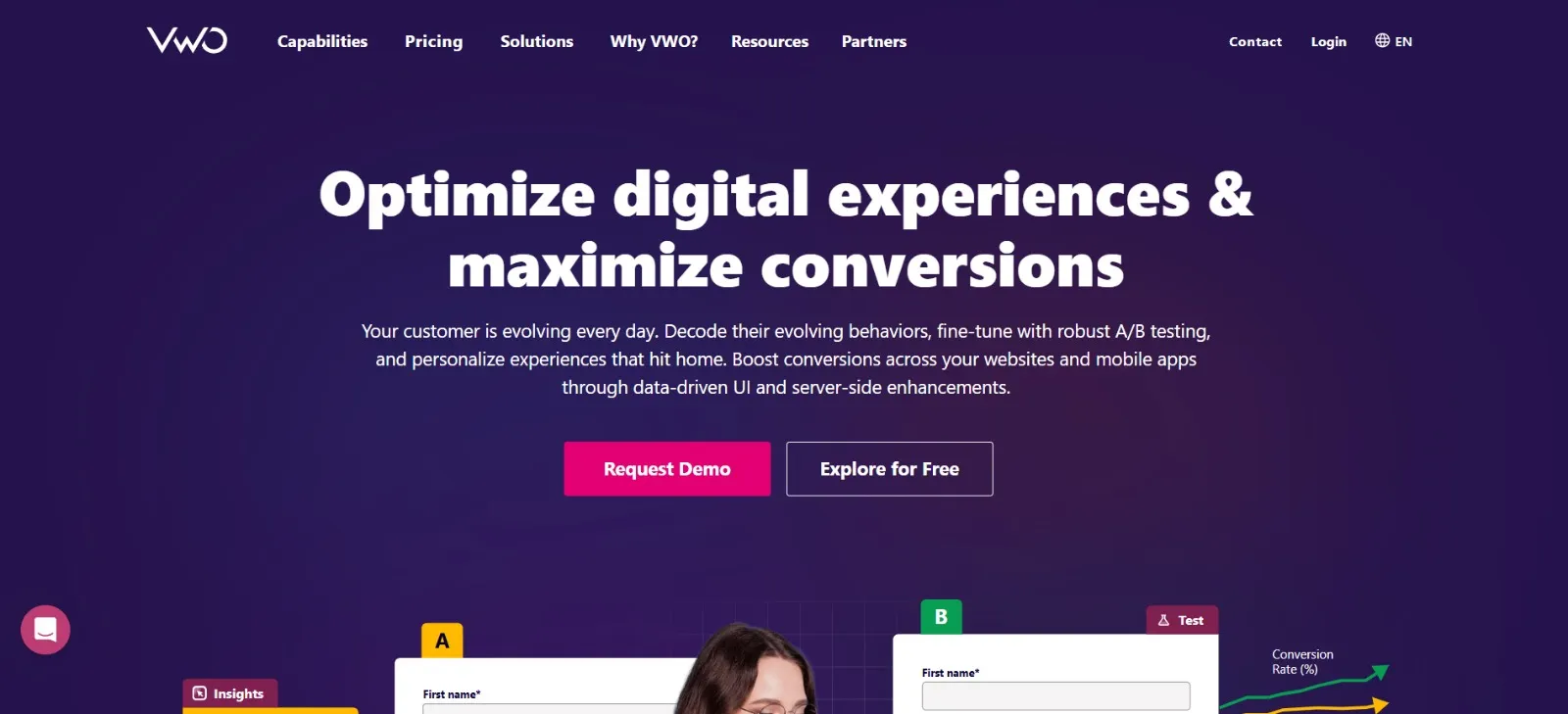
Features
Pricing
Pros
Cons
What it is
Long-standing full-stack experimentation and feature rollout platform, with strong developer integration.
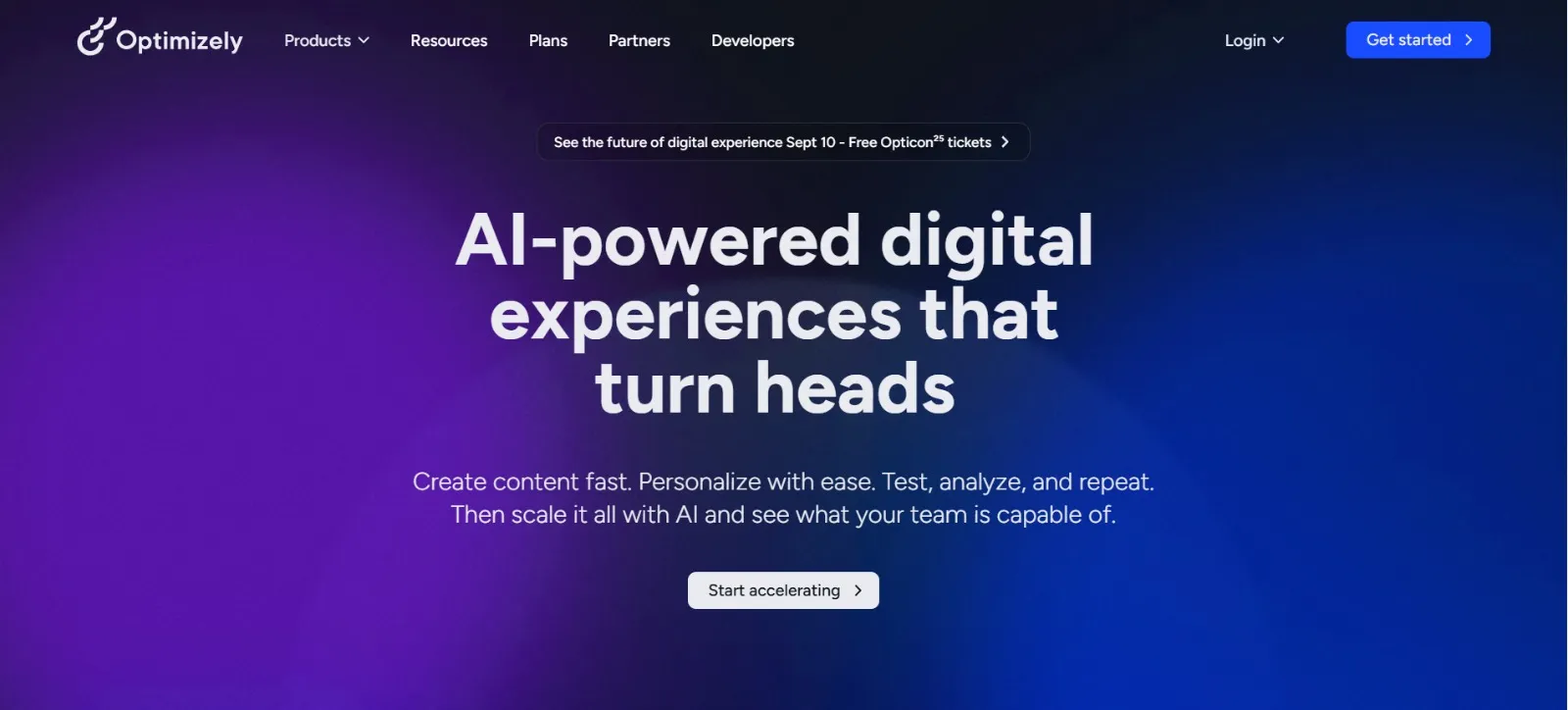
Features
Pricing
Pros
Cons
What it is
A/B testing and personalization tool accessible to marketers, with a tidy UI.

Features
Pricing
Pros
Cons
What it is
Developer-friendly experimentation platform with real-time analytics and feature flagging.
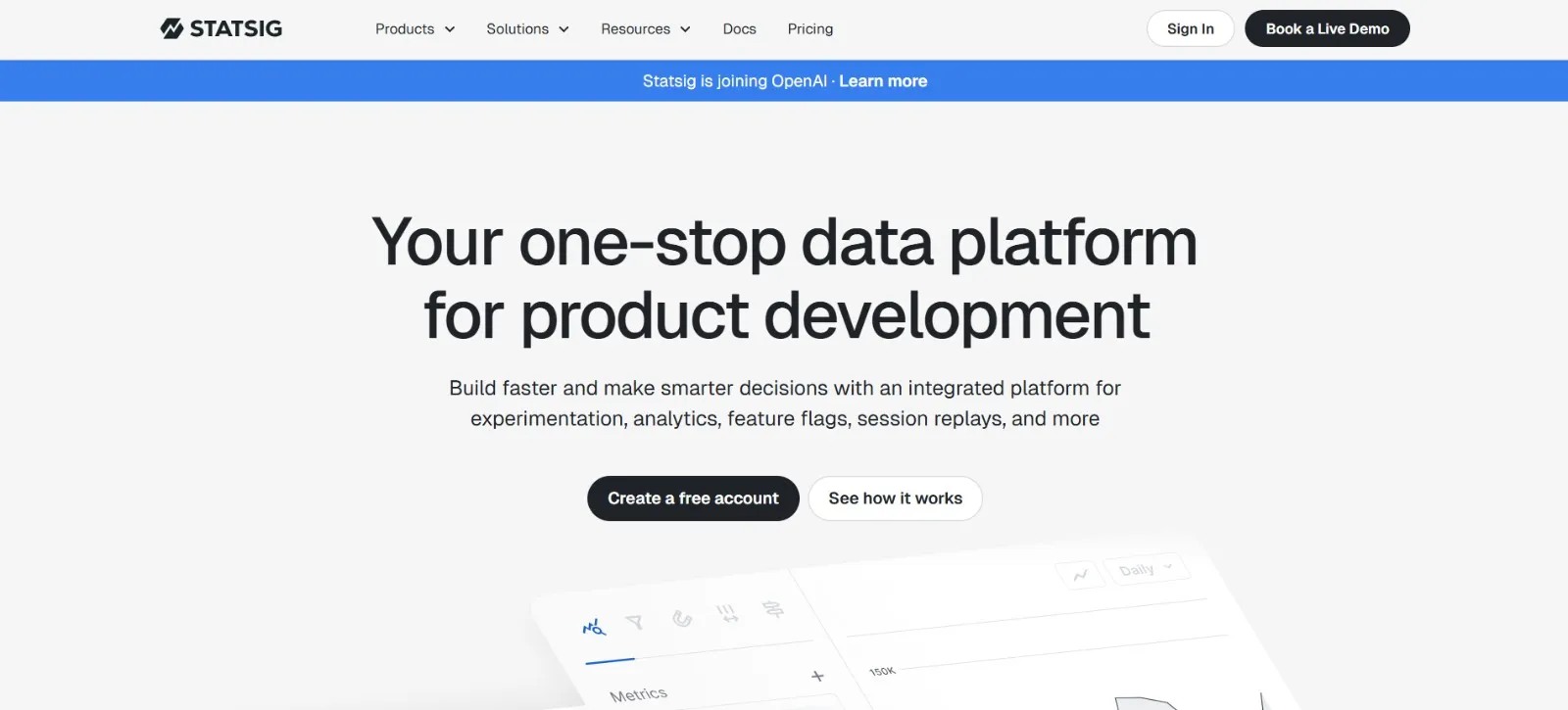
Features
Pricing
Pros
Cons
What it is
Robust feature flag and rollout platform for engineering-heavy teams.
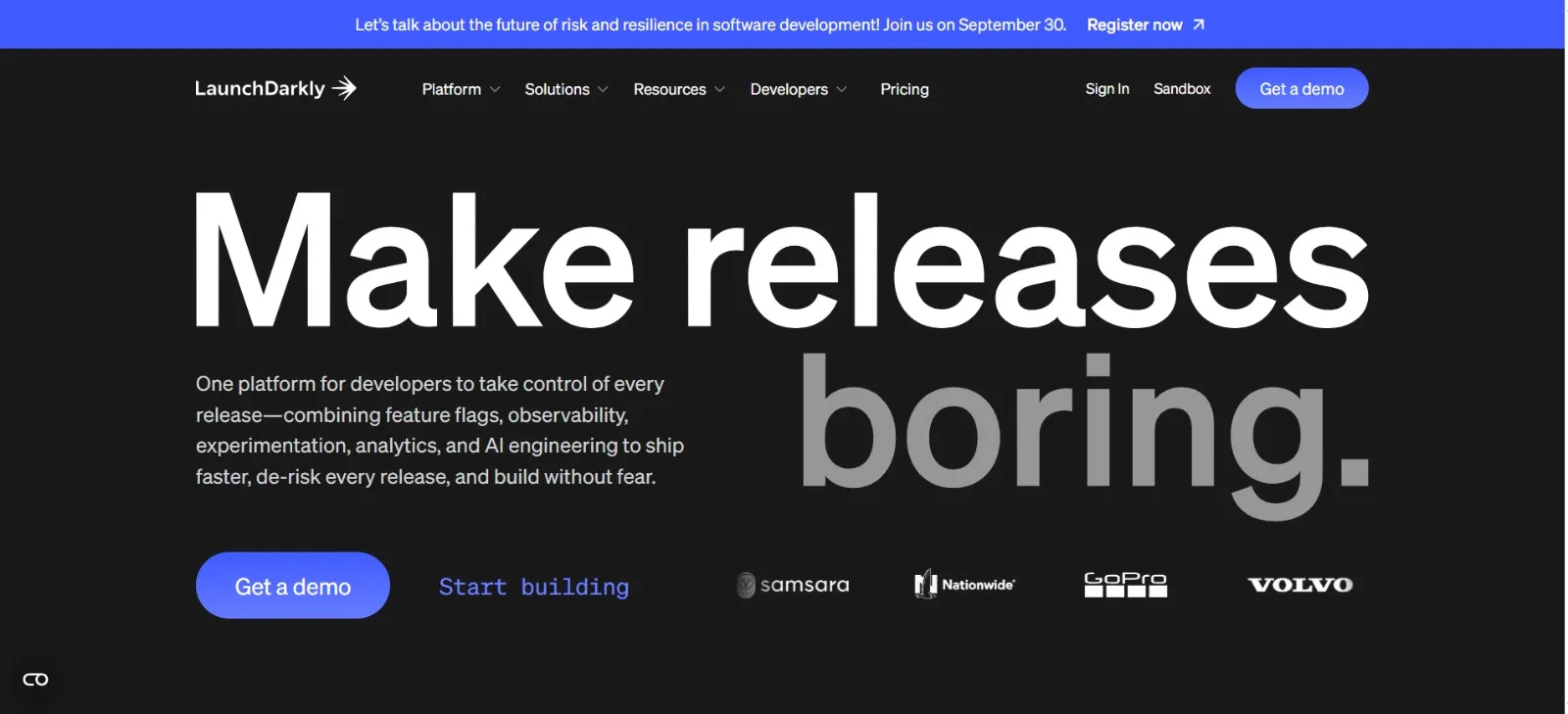
Features
Pricing
Pros
Cons
What it is
Open-source product analytics and experimentation platform with great flexibility.
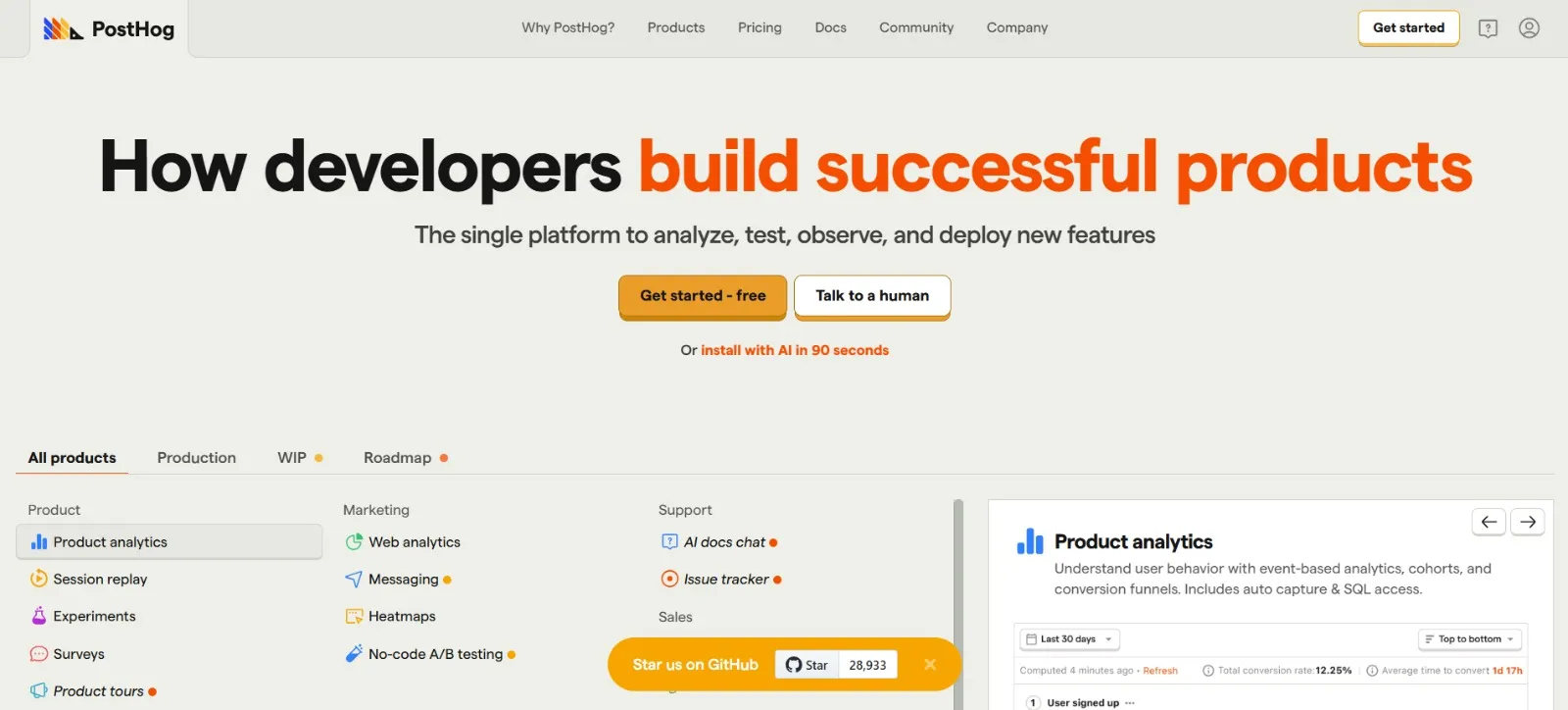
Features
Pricing
Pros
Cons
What it is
Full-stack testing and feature flags for large apps and engineering teams.
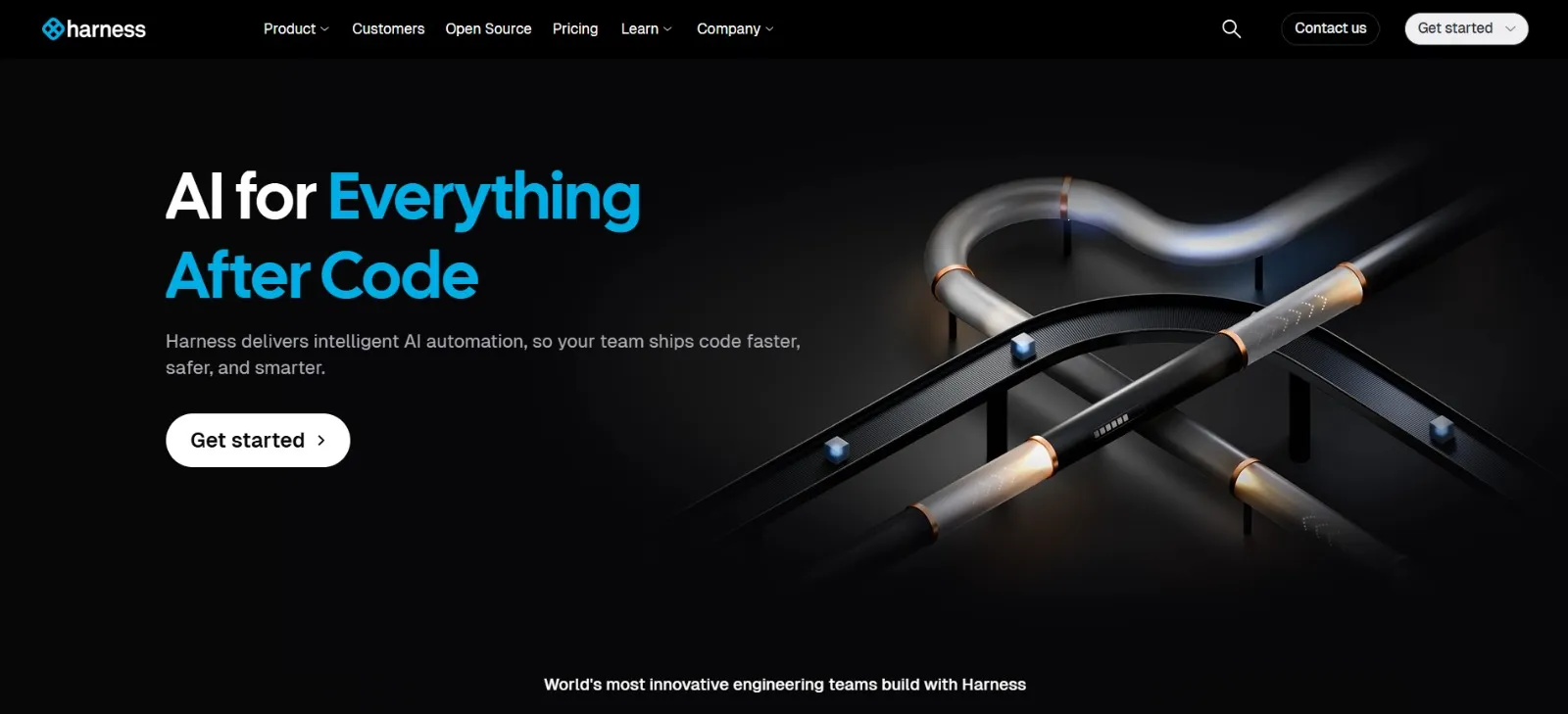
Features
Pricing
Pros
Cons
What it is
Open-source A/B testing solution built for teams wanting experimentation flexibility.
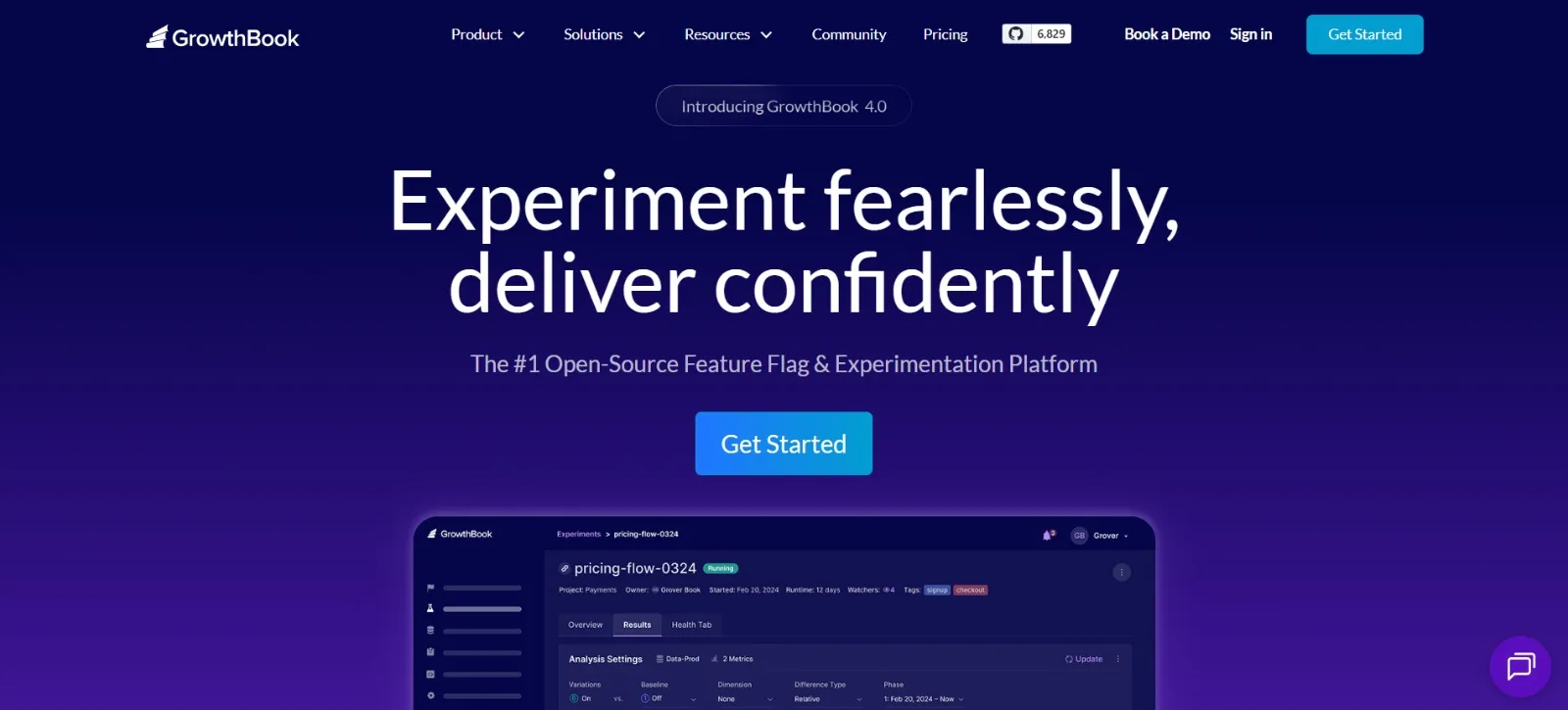
Features
Pricing
Pros
Cons
About
Born from Booking.com’s legendary experimentation culture, A/B Smartly is a heavyweight platform built for data accuracy. It is designed for product-led companies that want experimentation to be part of their DNA, not just a marketing add-on.
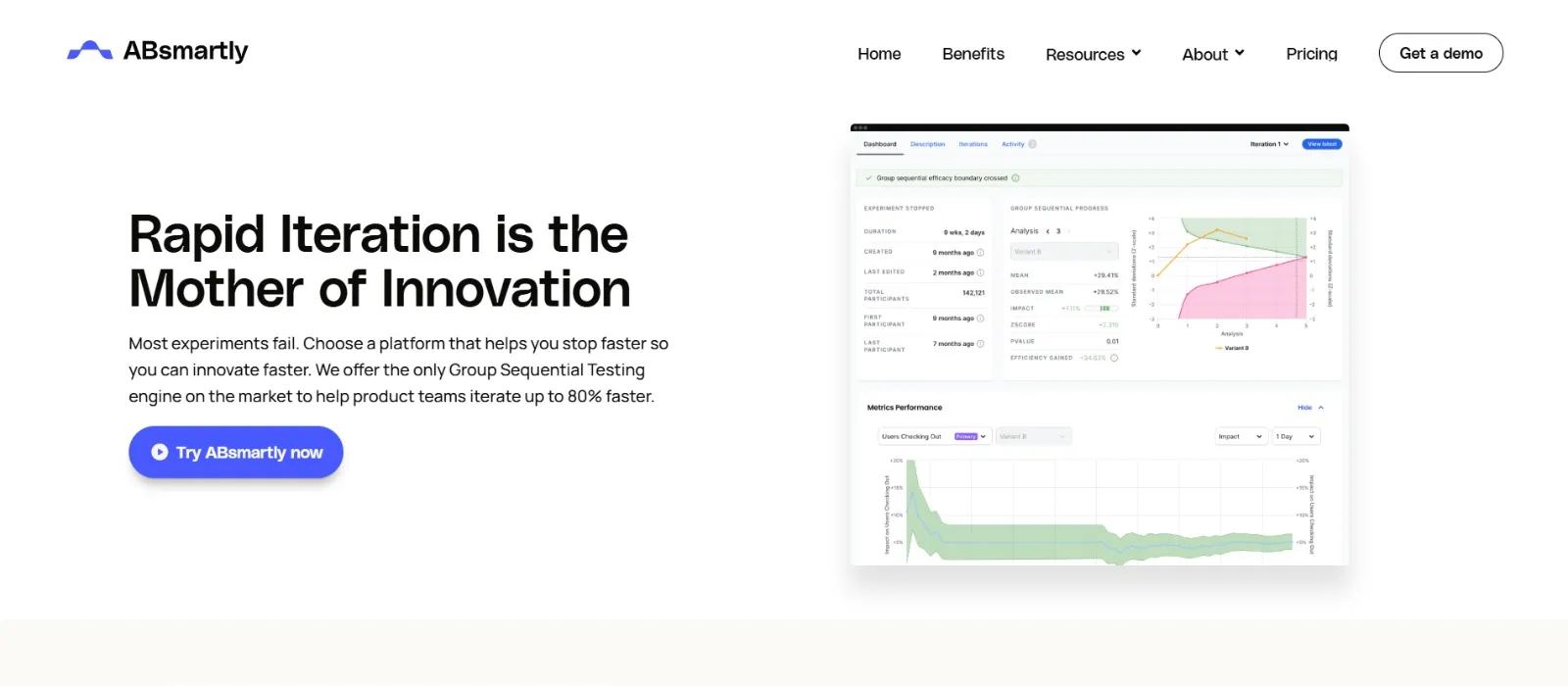
Features
Pricing
Custom, enterprise-grade. No free tier, positioned at companies with high testing maturity.
Pros
Cons
About
Eppo is a modern A/B Testing Platform built for product managers and growth teams. It emphasizes clean interfaces, actionable reporting, and experiment transparency.
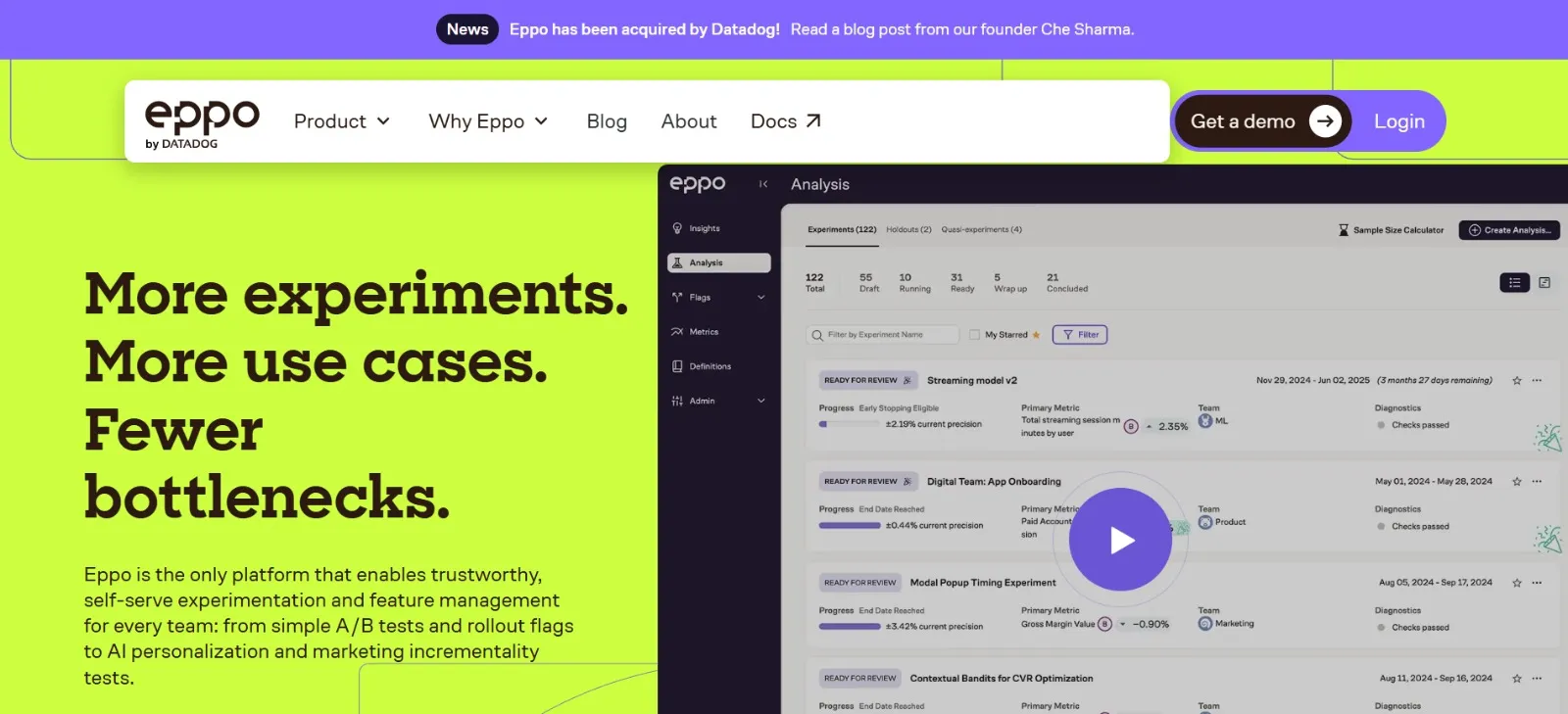
Features
Pricing
Pros
Cons
A personalization and A/B testing solution that uses behavioral insights to guide onsite messaging.
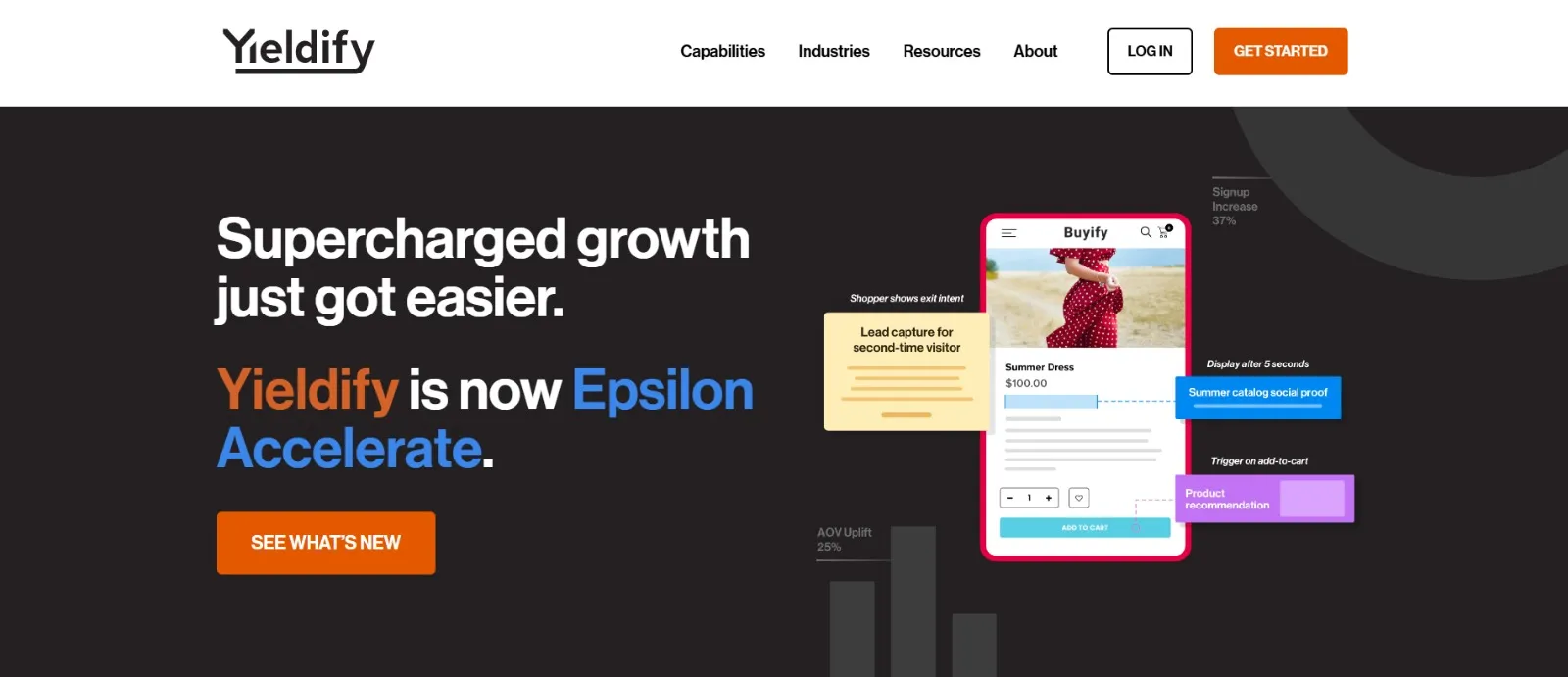
Features:
Pros:
Strong for CRO-focused retail brands.
Cons:
More boutique and campaign-driven than full-scale testing suite.
A popular landing page builder with built-in split-testing—ideal for marketers designing campaign landing pages.
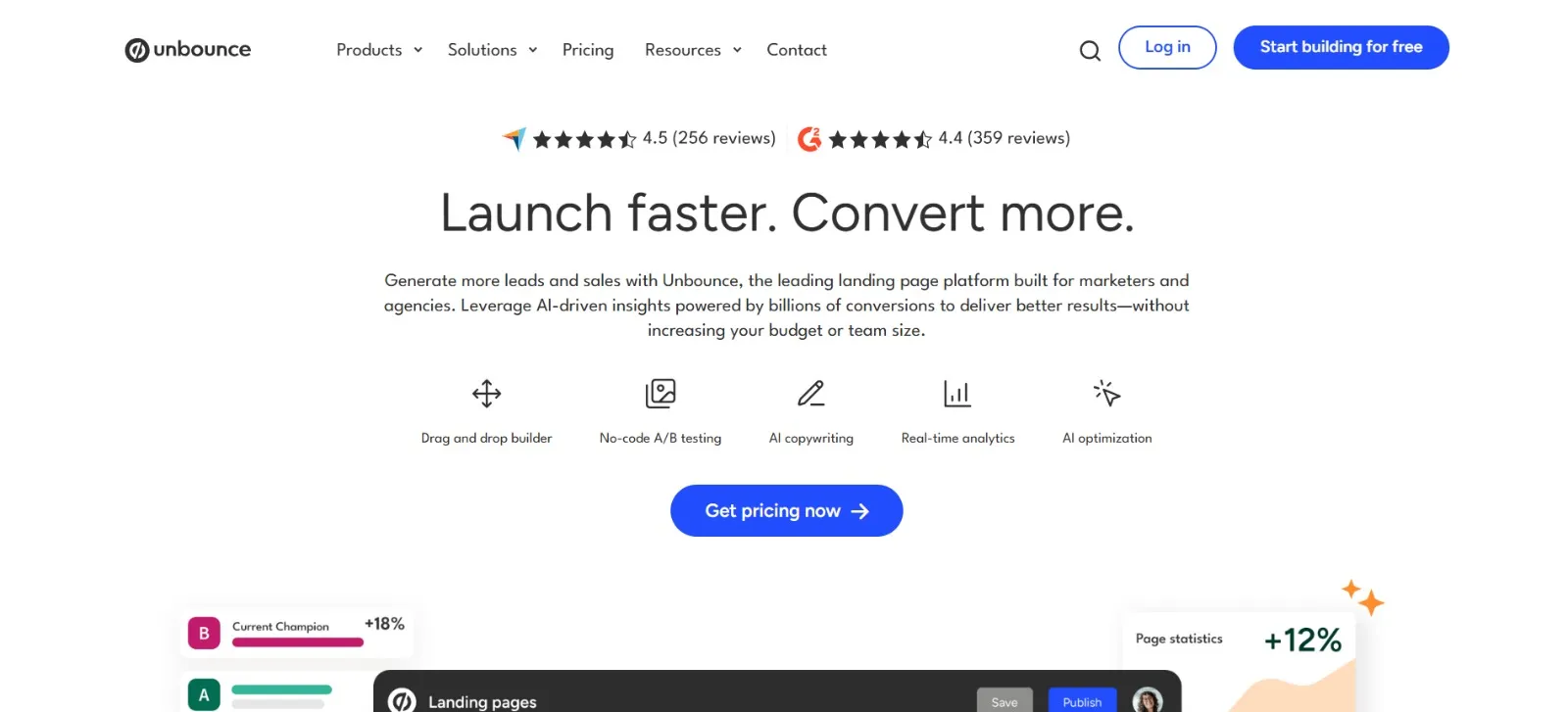
Features:
Pricing:
Plan with a 14-day trial
Pros:
Easy to test landing page variants, no dev needed.
Cons:
Focused only on hosted landing pages—not full site.
About
Mobile-first A/B Testing Platform designed for apps. Brands with ecommerce apps often use Apptimize to optimize onboarding flows, checkout UX, or in-app promotions.
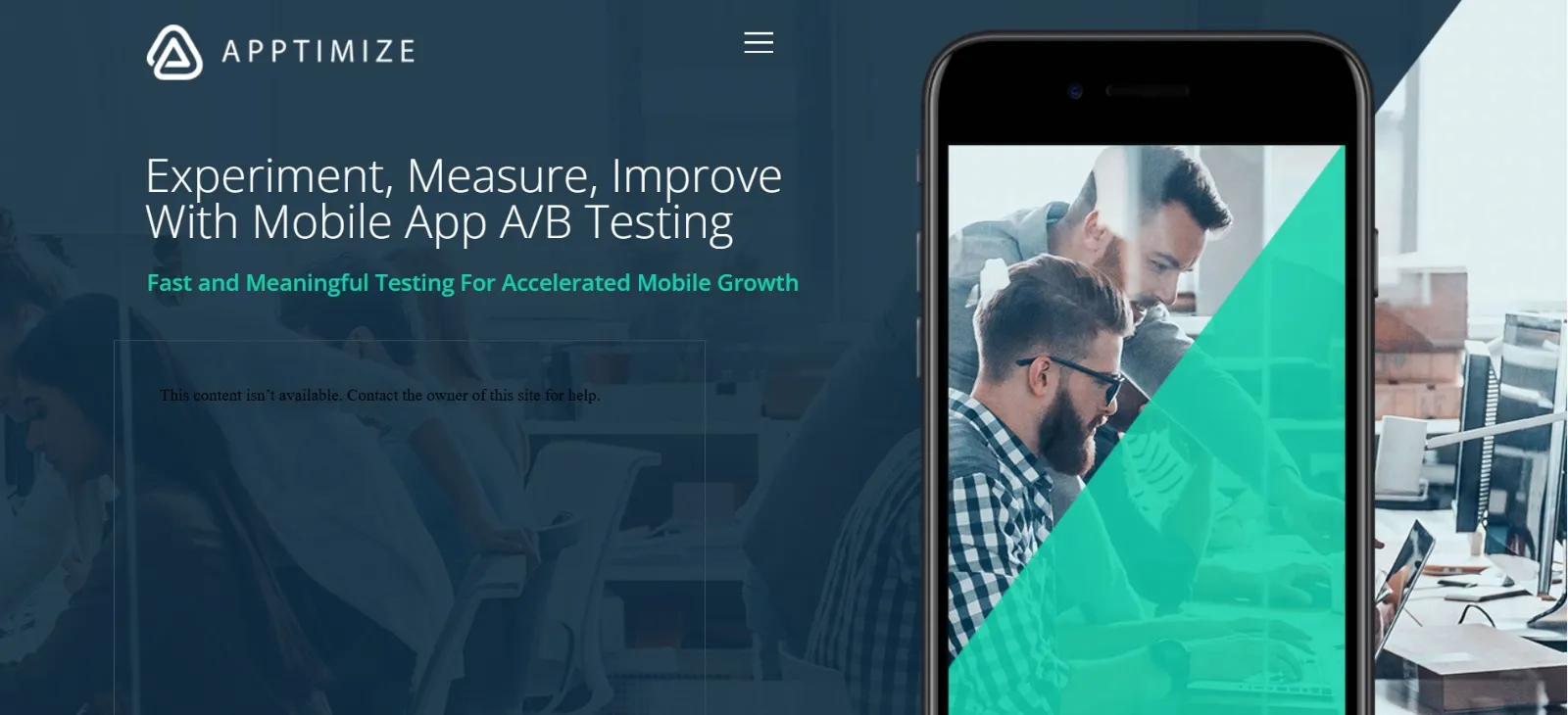
Features
Pricing
Custom; typically enterprise, though starter plans existed in past.
Pros
Cons
About
Convert is a cost-conscious A/B Testing Platform, often chosen by ecommerce brands on tighter budgets who still want robust functionality.
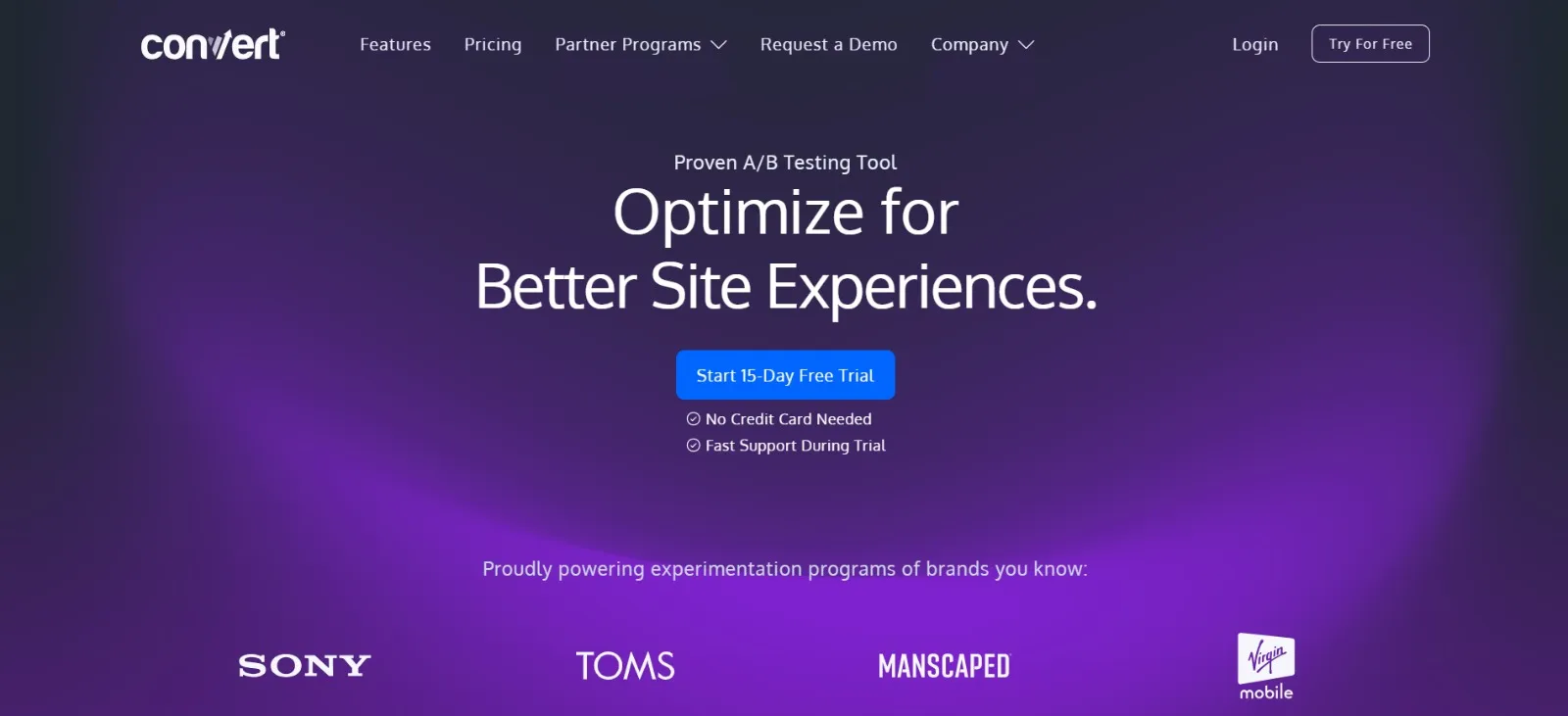
Features
Pricing
Price varies with traffic.
Pros
Cons
About
Dynamic Yield blends personalization and testing into one platform. It focuses on tailoring ecommerce experiences using AI-driven insights.
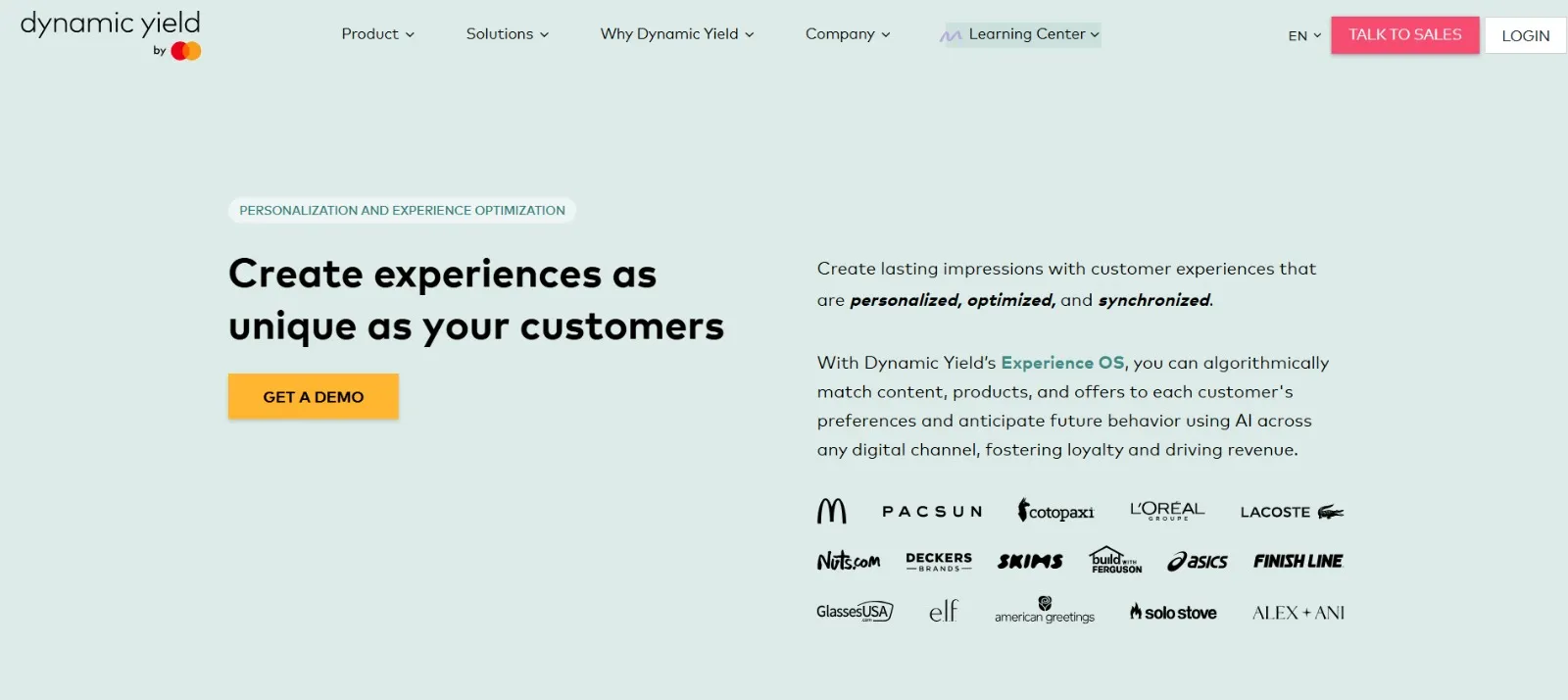
Features
Pricing
Higher pricing varies from the starting plan to the enterprise plan
Pros
Cons
About
A French-born A/B Testing Platform focused on enterprise needs, AI-based targeting, and data privacy.
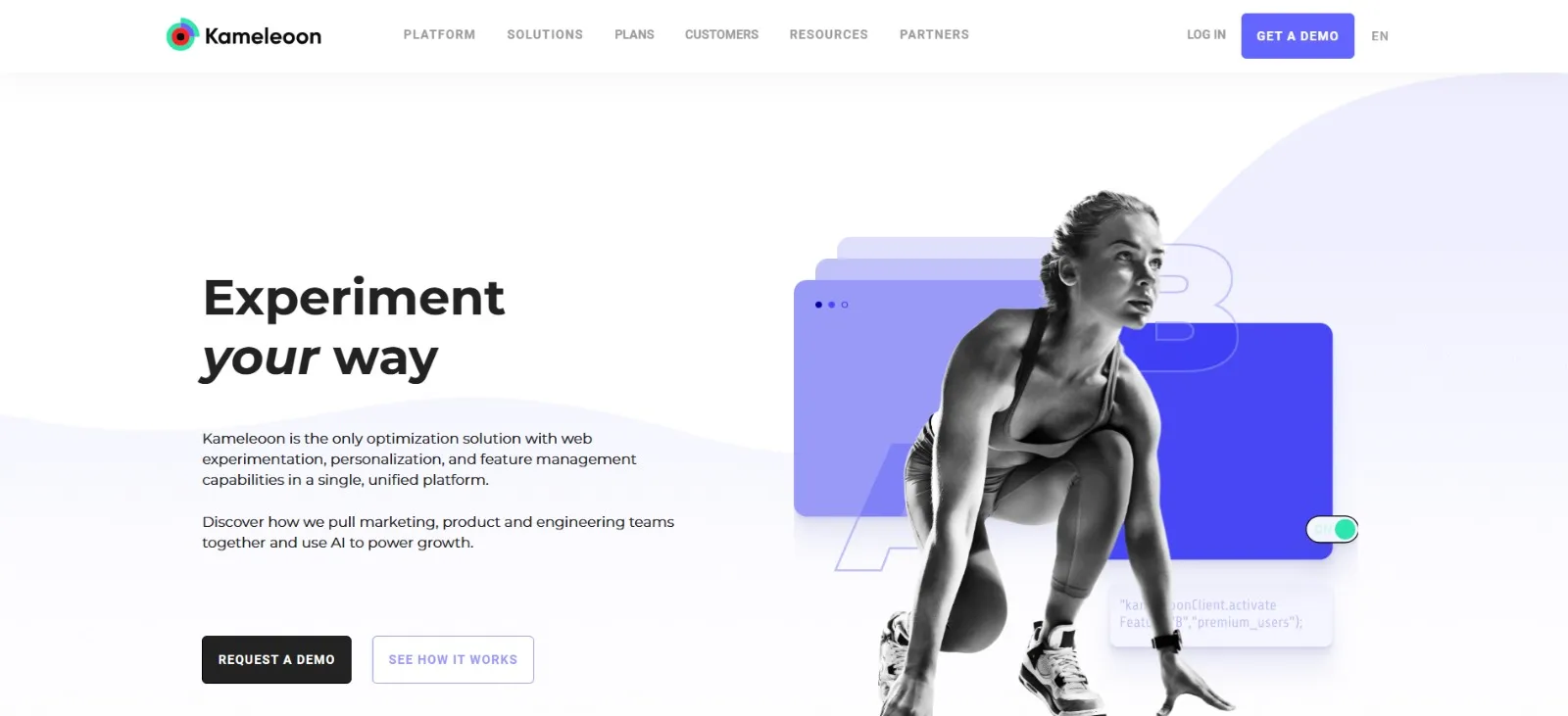
Features
Pricing
Custom, enterprise-level.
Pros
Cons
About
Mutiny is a niche platform focusing on B2B personalization. It turns websites into personalized funnels for different accounts, making it especially useful in account-based marketing.
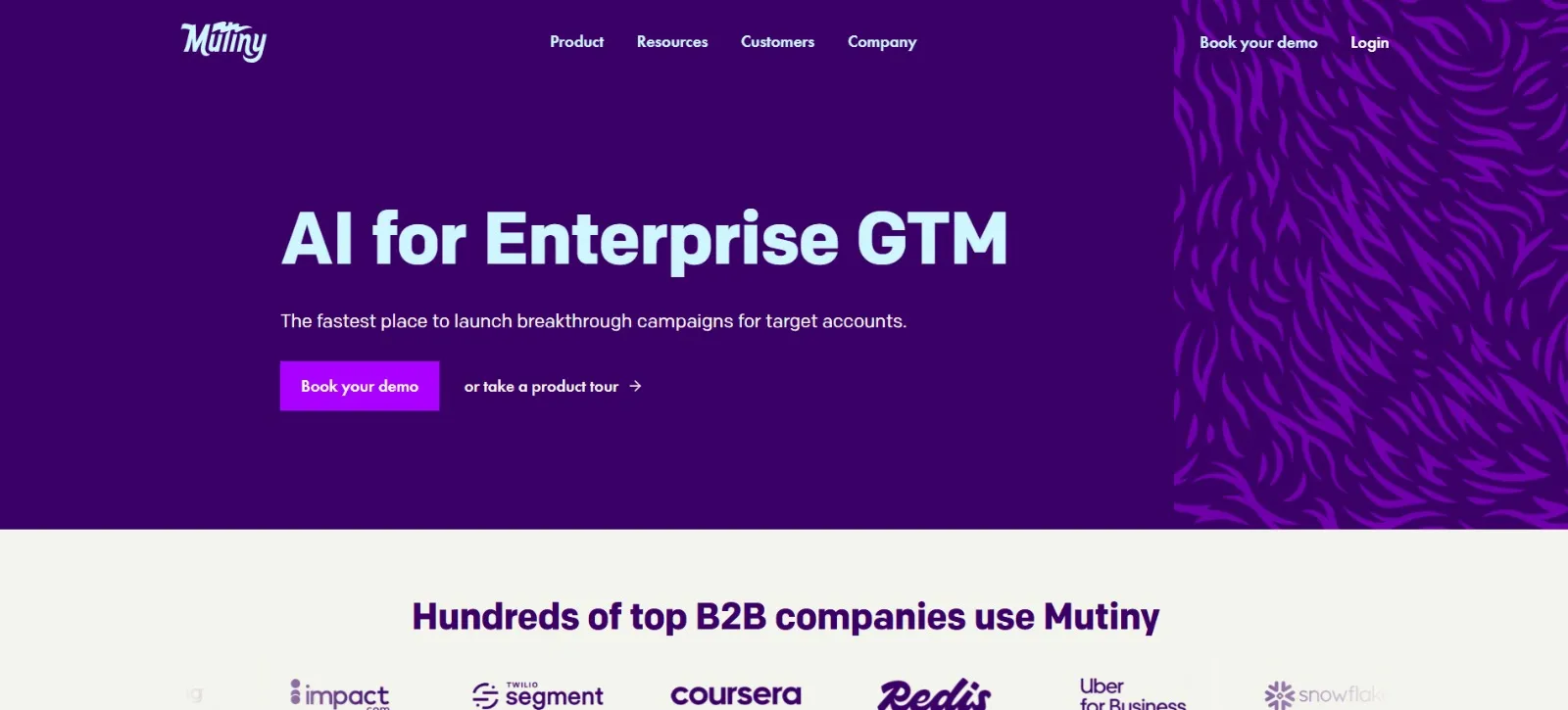
Features
Pricing
Custom; targeted at mid-market/enterprise SaaS.
Pros
Cons
About
A commerce experience platform combining search, personalization, and testing.
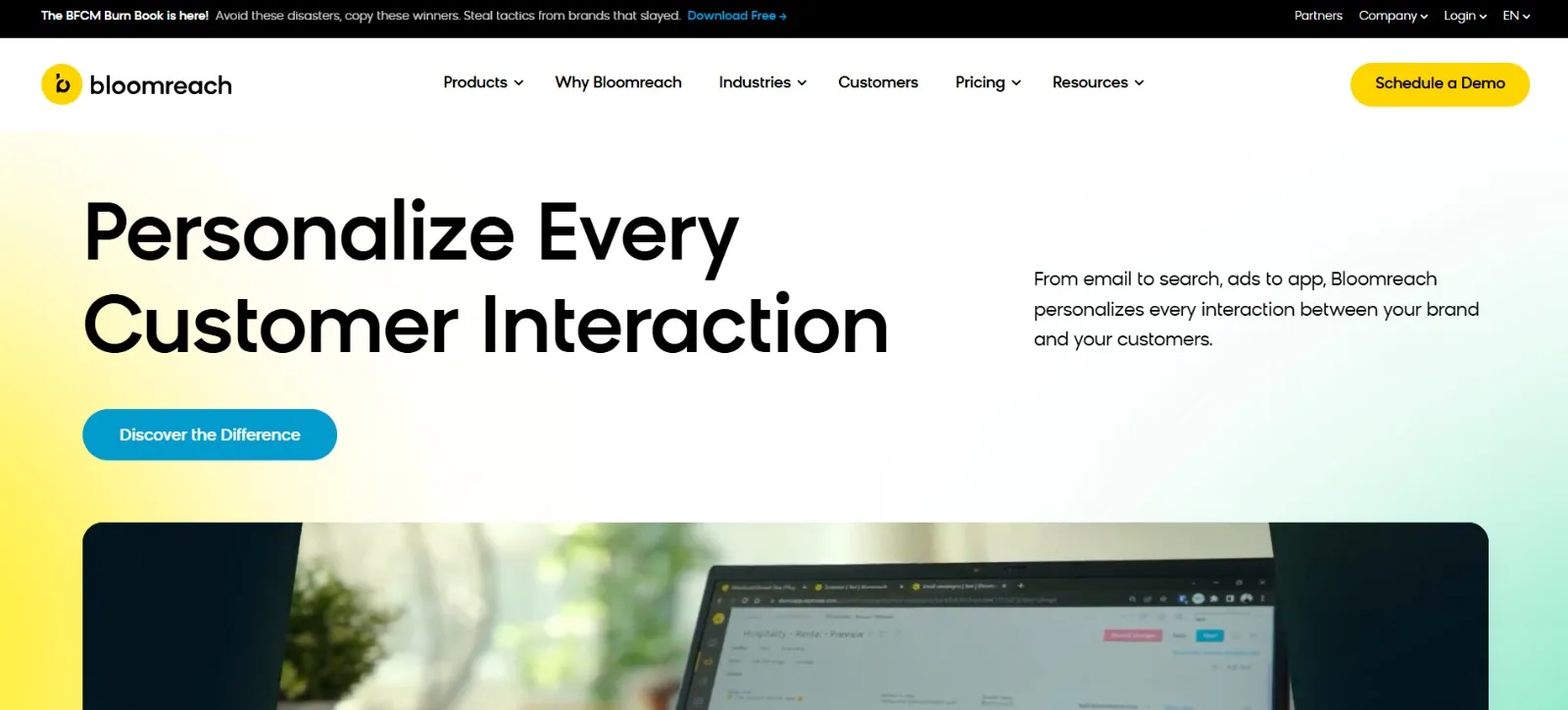
Features
Pricing
Enterprise; depends on SKUs and traffic.
Pros
Cons
About
A behavior analytics and A/B Testing Platform known for its heatmaps, scrollmaps, and session recordings that help uncover why visitors don’t convert.
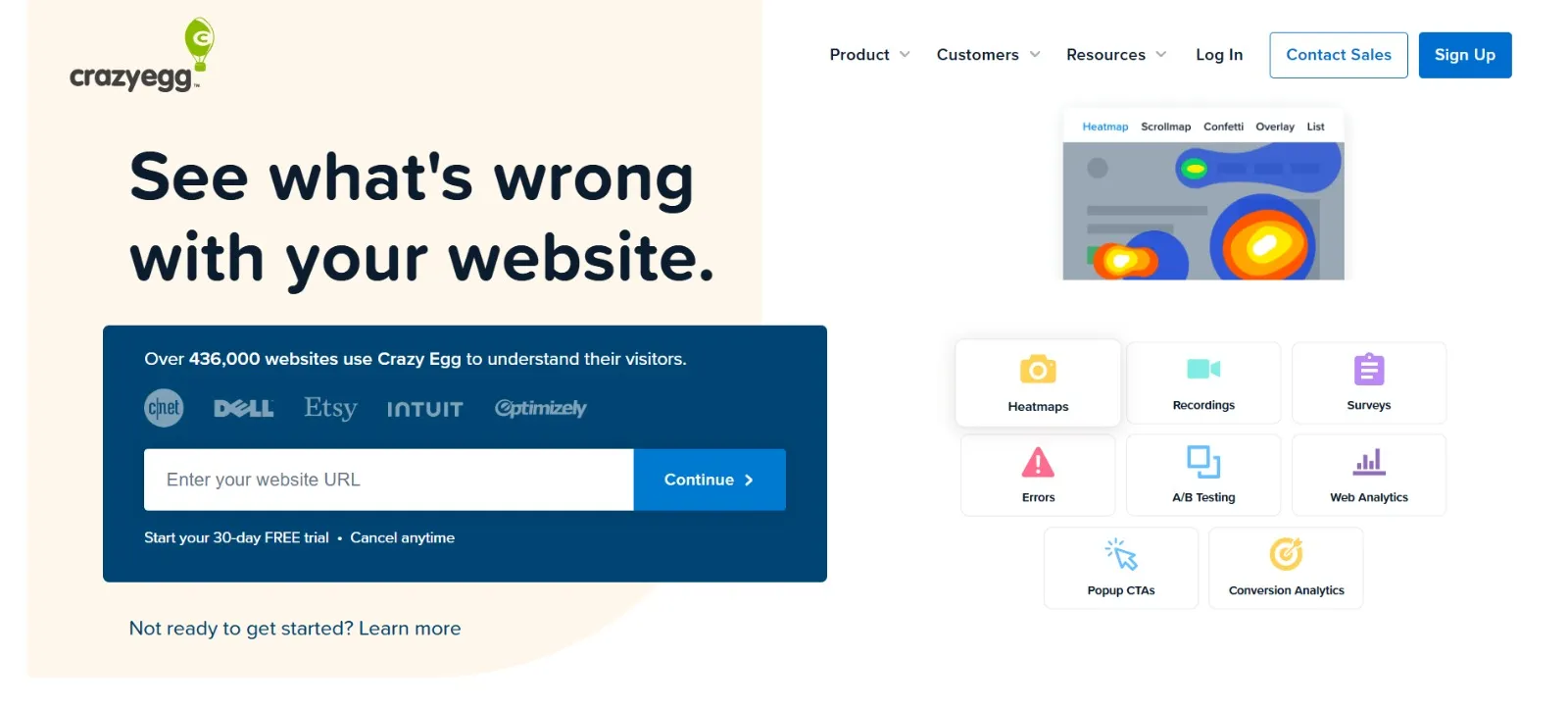
Features
Pricing
Plans with tiers scaling up based on traffic and features. A 30-day free trial is available.
Pros
Cons
With more options than ever, here’s how to weigh them:
Notice that platforms like CustomFit.ai are built so ecommerce marketers can run AB tests without writing code, targeting new vs return users, optimizing landing pages, and measuring real conversions in a way that drives bottom-line results.
Making ecommerce decisions by gut doesn’t scale. Today, experimentation is the backbone of growth. Whether your team is a tight-knit marketing group or a robust product-and-data-driven engineering squad, there’s a tool that fits your workflow and budget.
From budget-friendly open-source tools to enterprise personalization engines, the 2025 landscape for A/B Testing Platforms is richer—and kinder—than ever before. Start testing, learn from real user behavior, and slowly build a store that converts better every week.
Q: What is the best A/B Testing Platform for ecommerce in 2025?
There’s no one-size-fits-all answer. For no-code marketing ease, Customfit.ai shines. For deep personalization, consider Dynamic Yield. For scalable, budget-conscious testing, Statsig’s free tier is unmatched.
Q: Why run A/B Testing in ecommerce?
Because it is the most reliable way to identify what drives conversions, whether it’s button placement, headline copy, checkout flow, or product image. A/B Testing replaces guesswork with evidence.
Q: Does AB Testing help increase conversion rate ecommerce?
Absolutely. Thoughtful AB tests reveal what actually nudges buyers to act. Over time, cumulative gains from tested changes lead to measurable lifts in conversions.
Q: Can I do A/B Testing without developers?
Yes. Platforms like Customfit.ai, VWO, and AB Tasty are built for marketers, offering visual editors and intuitive setup to launch tests without writing code.
Q: What’s a good free A/B Testing tool in 2025?
Statsig offers a strong free tier with 2M events per month. Open-source PostHog and free versions of Plerdy also make AB testing accessible with behavioral insights.